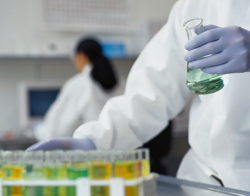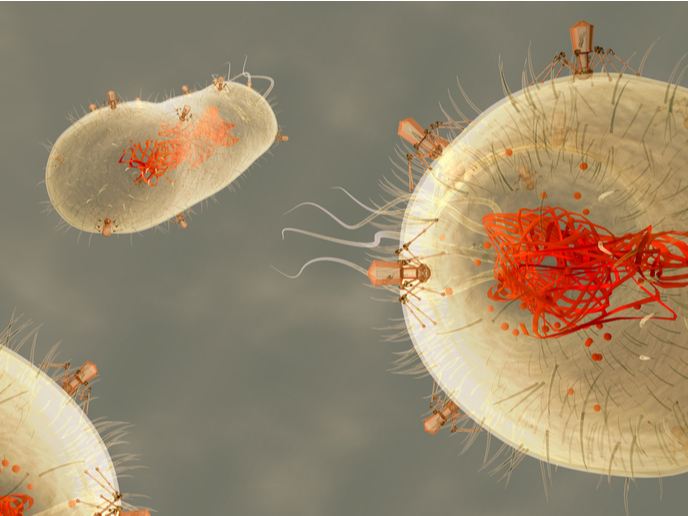Making sugar compounds better and cheaper
Polysaccharides are used extensively in Europe in many industrial applications, including for food and pharmaceutical products. Many of these sugar polymers need to be modified via chemical means in order to improve their end-use properties. However, the methods used for this are normally extremely complex, time-consuming, and expensive. The EU-funded Polymode project is seeking to use enzymes to optimise the potential of hydrocolloids for food and medical applications. Hydrocolloids are systems in which the colloid or microscopic particles are 'water-loving' polymers dispersed in water. The aim of the Polymode researchers is to identify and characterise the enzymes or specialised proteins used by nature to synthesise high-quality polysaccharides. These new enzymes can then be optimised using state-of-the-art molecular genetic methods. Two parallel project approaches were followed to identify novel genes: a knowledge-based genomic approach and a broad unbiased metagenomic (i.e. genomics on a huge scale) one. The latter approach is based upon the use of soil or sludge samples with a history of contact with a polysaccharide, such as chitin, which is being studied. The Polymode project has already yielded one enzyme with a novel combination of properties never described before. This is now under further investigation and will be patent-protected, if possible, prior to publication. Another gene identified has been converted (using protein engineering) into an analytical tool to reveal the presence of chitosan in natural samples. Chitosan, a versatile polymer used in biomedical applications, is obtained from the chemical treatment of chitin found in the shells of crabs, shrimps and lobsters. Further work is continuing in the Polymode project on enzymes derived from these and other new genes the researchers have identified. These novel biocatalysts are now being analysed for their ability to generate new polysaccharides.







